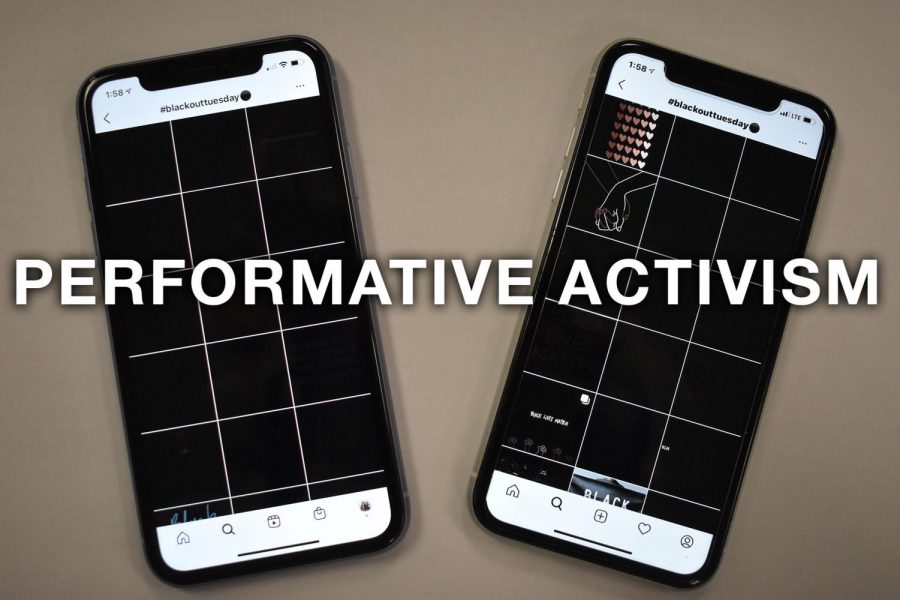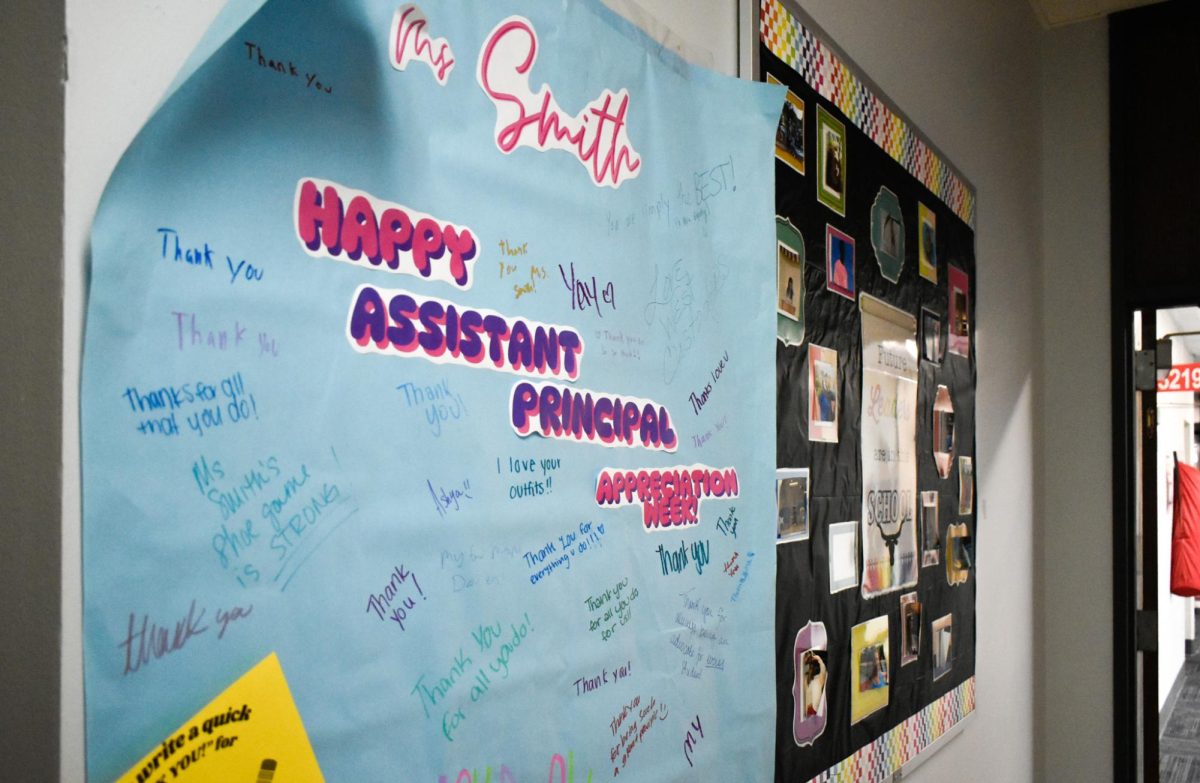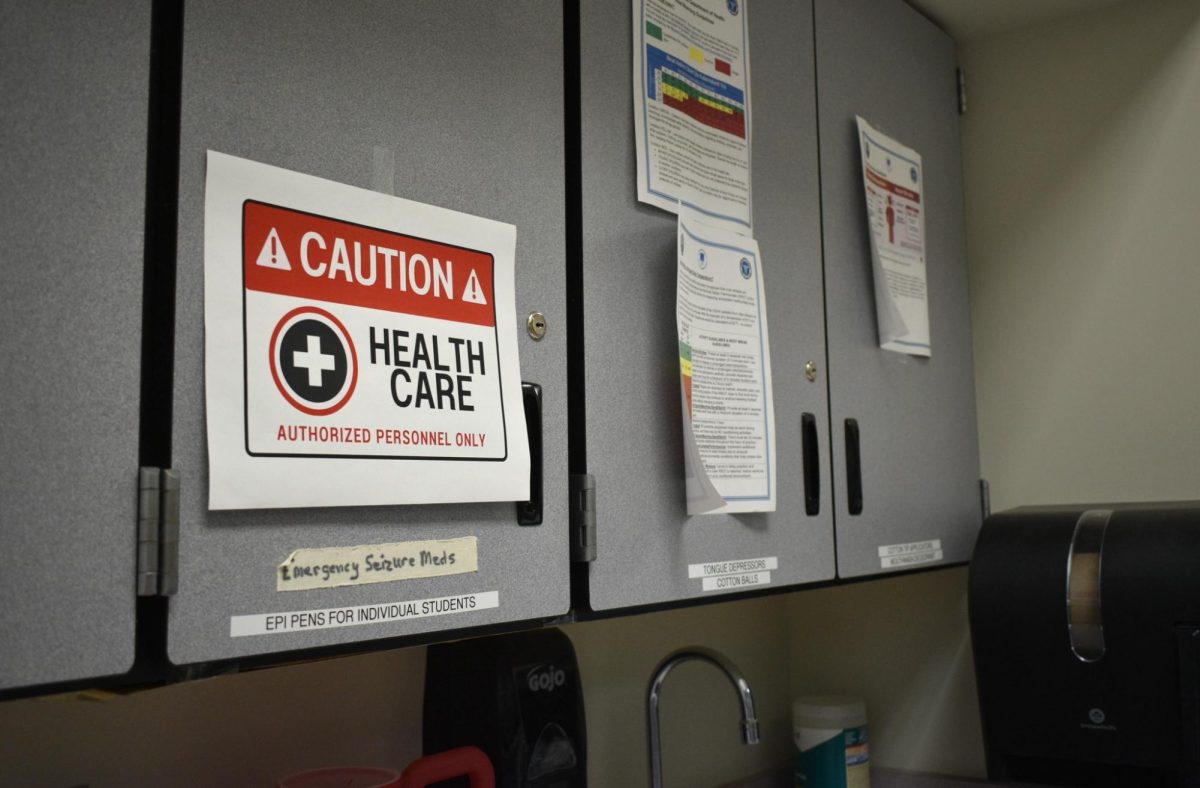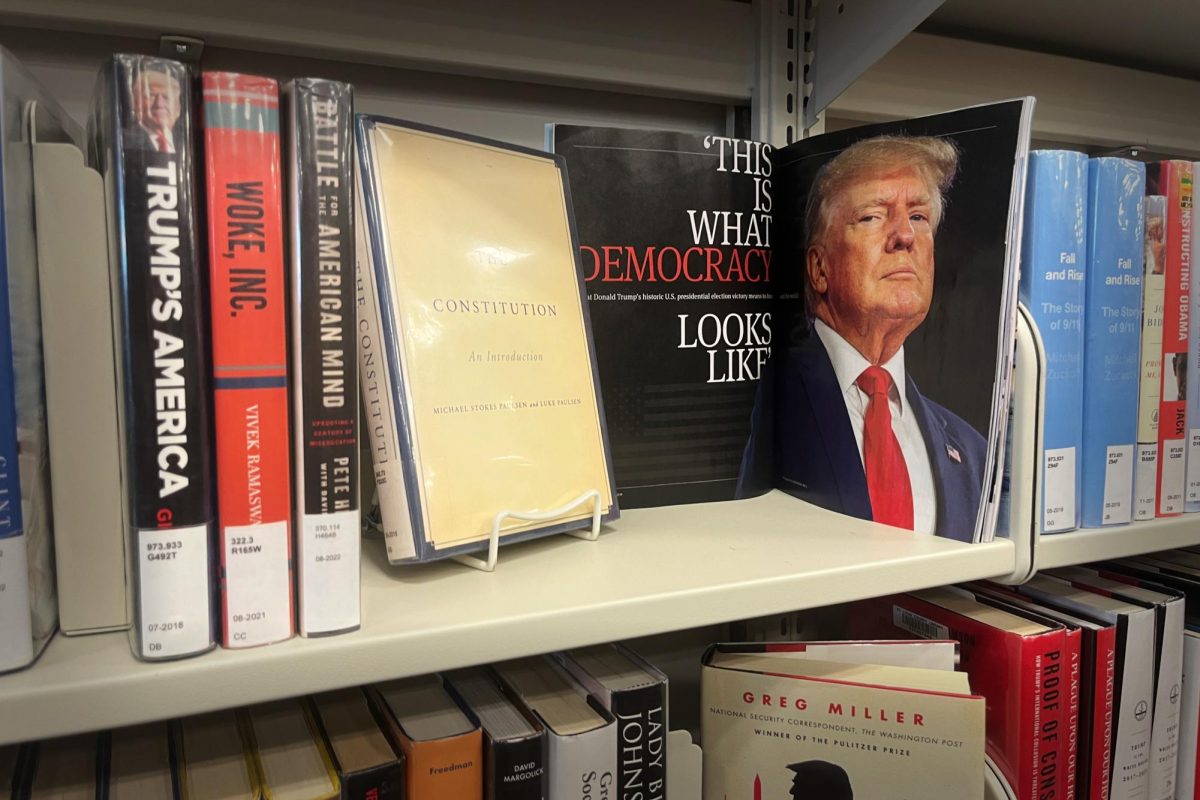Throughout 2020, we have witnessed several dramatic issues sweep across America. A virus has decimated communities. Wildfires have raged through forests, burning everything in their path. Police have continued to murder Black Americans. In response, people took to social media to express their concerns.
One issue that has especially sparked a reaction on social media was the United States’ wake-up call to centuries-old systemic racism. Spurred by the brutal murders of George Floyd and Breonna Taylor at the hands of the police, many Americans became aware that this is not just a problem with a few judgmentally-impaired police officers. Rather, white supremacist violence is fundamental to the system of policing. While varying degrees of understanding exist, more and more of us are realizing that America is an inherently racist country. Our “democracy” was built on the basis of violently stealing land from the Indigenous people of the region and then destroying that land for a profit, using enslaved people’s labor.
By default, living in a country founded on this basis, our institutions, like the police, education and healthcare are fundamentally racist as well. The first requirements to vote in this society defined the only adequate decision-maker as a white man with property, so we hit racism, sexism, colonialism and rampant capitalism right off the bat, not to mention the countless other types of injustices reinforced by this connotation. It is why voting on stolen land is not going to dismantle racism.
As scores of Americans became aware of this fact, we wanted to do something. Unfortunately, hashtags, challenges and posts to add to our Instagram stories flourished under our newfound interest in confronting racism head on. But while we dug our heels into showing everyone how ‘woke’ we are, we shut out the voices we really needed to listen to, the voices telling us that social media alone will not create radical change.
Thus, good intentions died in the echo chamber that is an Instagram story, and real activists fighting tooth and nail to gain an inch of traction against the monstrous system working to silence them now have to focus an additional amount of energy on trying to educate slacktivists. So, instead of barreling ahead with an aesthetically pleasing Instagram story, let us agree to educate ourselves on how to be true allies and true activists.
What is performative activism and why is it harmful?
Before we get into the details of performative activism, we feel the need to say that we are not trying to attack anyone. We, like many others, have definitely been guilty of slacktivist tendencies in the past. We respect that you have become aware of the problems plaguing our country. We respect that you are trying to unlearn and learn. That being said, social media awareness is simply not enough to take on the issues in this country.
Performative activism, commonly referred to as slacktivism, is a form of activist work that managed to avoid the work part. Low-risk, quick actions like signing petitions or reposting information on social media fall under this category.
While these tools are useful for expressing your opinion, which is important, their impacts are minimal. A well-placed Instagram story might help to show some of your followers the merits of a certain line of thinking, but honestly, most of the people who follow you probably already agree with you or have otherwise learned to tune you out.
In addition, it can make so-called allies complacent, as they feel they have done their part. This is just not true. As author on race John Metta, writes in Aljazeera, “painting [Supreme Court Justice] Amy [Coney Barrett] as evil and racist is easy, and it allows us to avoid painting ourselves in anything other than the prettiest of colours. We need [to] do nothing about our own actions because they are not as bad as Amy’s are.” In other words, while we may be accurate in recognizing a person’s prejudiced actions, it shifts the criticism away from ways that we too are complicit.
It is easy for many to think that simply because they have the knowledge to realize that a certain Republican is bad, they are free from any further responsibility. No politician is going to save us; they work for the very system we need to dismantle. While much of their work might help people, they are not the sole resolution to structural issues. Denouncing a certain politician or another person to show that you are better than them is not going to solve racism.
Overall, performative activism is perhaps best in helping people with good intentions exercise their First Amendment rights, but falls short in truly supporting organizations and activists who are on the streets fighting for justice. Before you repost your next cute Instagram thread, ask yourself if this could actually aid in showing your followers the important aspects of a problem, or if you just want to boost your own image.
What are some non-performative actions you can take?
So, now that you know what performative activism looks like and how to avoid it, let’s take it a step further and explore some ways to translate our passions for justice into meaningful actions and solidarity. Below are just a few ways to do so.
- Contribute to mutual aid networks and redistribute wealth
Mutual aid is a form of financial support that works through direct redistribution of money and resources. It is different from charity, which we are familiar with, because it acknowledges and works to end the systems of oppression that determine who has access to wealth and resources in different communities. Mutual aid is not one-sided because everyone can contribute as well as receive care. And because the election will not guarantee that people’s material needs are met, it’s up to us to support one another and create our own systems of care. This holiday season, instead of or in addition to giving to a non-profit, consider giving to funds like the STL Mutual Aid Fund, which redistributes resources to the community and STL Reentry Collective, which supports formerly incarcerated individuals.
- Join a community organization
We are powerful when we are organized, so find a local grassroots organization and join it. We all have different time capacities, so do what works for you. There are tons of incredible organizations in St. Louis, or wherever else you may be, fighting the good fight. Check out school clubs like Go with the Flow and Feminist Club and community organizations like Resist STL and Sunrise STL which organize against local institutions of oppression.
- Attend direct actions and protests
Organizers are continuing to hit the streets, so stay updated through social media on local actions and attend when you can. Of course, we still live in a pandemic, so protests are not a viable option for everyone. Instead, you can support by sharing the event with others who can attend. You also support campaigns such as Close the Workhouse and Libraries for All by following their instructions for online actions.
- Join or create a political education reading group
Create a reading group with your friends and engage together in political education. Read and discuss books or articles, but don’t stop there. As writer and educator Tre Johnson points out in the Washington Post, “this isn’t the time to circle up with other white people and discuss Black pain in the abstract; it’s the time to acknowledge and examine the pain they’ve personally caused.” Let this space be an intentional, rather than performative one. Engage with each other, hold each other accountable and commit to actually examining and giving up your privilege.
- Work toward giving up your privilege, not just recognizing it.
All of the above actions are important steps, but even those alone are not enough. Consider what researcher and policy analyst Matthew Alemu writes in his article, “your sadness, your protest and your money do not equate to solidarity. Solidarity requires a level of introspection that leads to more than helping black lives. Solidarity means finding ways to relinquish the privilege that makes your whiteness inconsequential and my Blackness fatally consequential.” In other words, simply recognizing that we are privileged is inadequate. As non-Black people and people with privilege, we must work to initiate the eradication of that oppressive, hierarchical power dynamic.
There are so many other ways to build power and resist oppression in our daily lives. We need to tear down systems of oppression while building up systems of care, and we can do that by teaching and supporting each other as well as taking larger steps. Community gardens and kitchens, affinity groups, de-escalation, eviction and unhoused support are ways to do that. Don’t let your activism be limited to performances and one-time actions. The systems we are fighting against are deep-rooted, powerful and brutally oppressive, so our actions must be vigorous and unrelenting to combat them.



![Leaning on the podium, superintendent Melissa Schneider speaks to Parkway journalism students during a press conference. Schneider joined Parkway in July after working in the Thompson School District in Colorado. “My plan [to bond with students] is to get things on my calendar as much as possible. For example, being in [classes] is very special to me. I am trying to be opportunistic [meeting] kids [and] being in [the school] buildings. I have all the sports schedules and the fine arts schedules on my calendar, so that when I'm available, I can get to them,” Schneider said.](https://pwestpathfinder.com/wp-content/uploads/2025/09/IMG_5425-1200x943.jpeg)


![Red, white and blue, the American flag holds the values of our democracy. The fight that we once endured has returned, as student journalists and senior correspondents across the country are losing their voices due to government control. “[Are] the White House and [the] government limiting free speech [and] freedom of the press? Yes [they are],” chief communications officer of the Parkway School District and former journalist Elisa Tomich said.](https://pwestpathfinder.com/wp-content/uploads/2025/03/Untitled-design-14.jpg)
![A board in the Parkway West counseling department displays pennants of selective universities. With a wide range of students interested in attending, it’s important that these schools have clear priorities when deciding who to admit. “[Washington University] had the major that I wanted, psychology, philosophy, neuroscience. That's a holistic study of the brain, and [WashU is] the only college in the world that offers that. That's the main reason I wanted to go; I got into that program,” senior Dima Layth said.](https://pwestpathfinder.com/wp-content/uploads/2025/02/Flag-1.png)

![Within the U.S., the busiest shopping period of the year is Cyber Week, the time from Thanksgiving through Black Friday and Cyber Monday. This year, shoppers spent $13.3 billion on Cyber Monday, which is a 7.3% year-over-year increase from 2023. “When I was younger, I would always be out with my mom getting Christmas gifts or just shopping in general. Now, as she has gotten older, I've noticed [that almost] every day, I'll open the front door and there's three packages that my mom has ordered. Part of that is she just doesn't always have the time to go to a store for 30 minutes to an hour, but the other part is when she gets bored, she has easy access to [shopping],” junior Grace Garetson said.](https://pwestpathfinder.com/wp-content/uploads/2024/12/DSC_0249.JPG-1200x801.jpg)

![Senior Sally Peters stands in the history hallway, contemplating her choices in the 2024 United States and Missouri elections on Nov. 5. As a member of Diplomacy Club, Peters has discussed key candidates and issues in contemporary American politics. “[As students], we're starting to become adults. We're realizing how much the policies that are enforced and the laws that make it through the House and Senate are starting to affect us. [Opportunities such as] AP [U.S.Government] and Diplomacy Club [make elections feel] a lot more real,” Diplomacy Club vice president and senior Nidhisha Pejathaya said.](https://pwestpathfinder.com/wp-content/uploads/2024/10/Flag-1-1.png)
![Mounting school pressure can leave many students overworked and overstressed. Schools must give students the necessary resources to help assuage student mental health issues and prevent the development of serious crises. “The biggest thing [schools] can do [to protect student mental health] is offer more time [to do work], like a study hall, or offer more support from teachers so that students don't feel stressed out and can get help in areas that they need,” senior Bhavya Gupta said.](https://pwestpathfinder.com/wp-content/uploads/2024/09/unnamed-4.jpg)